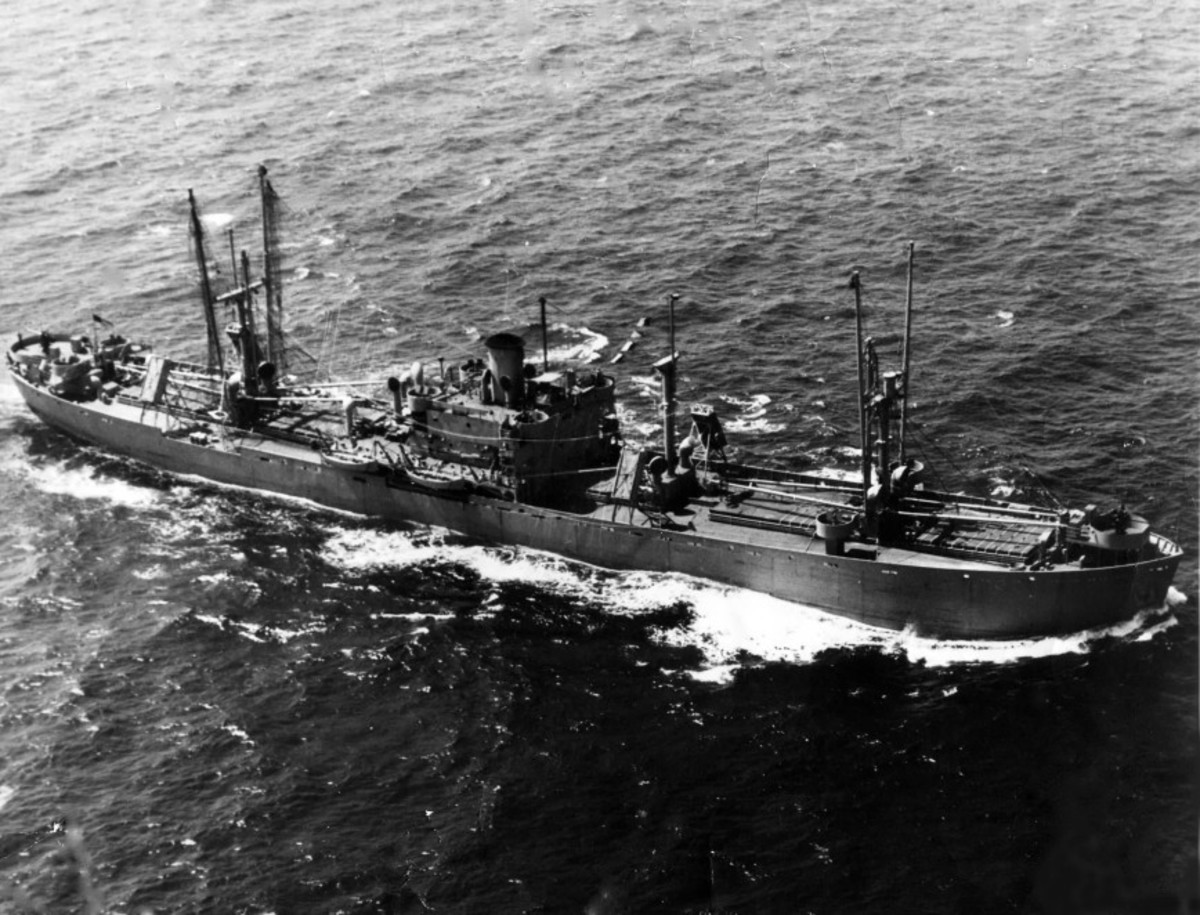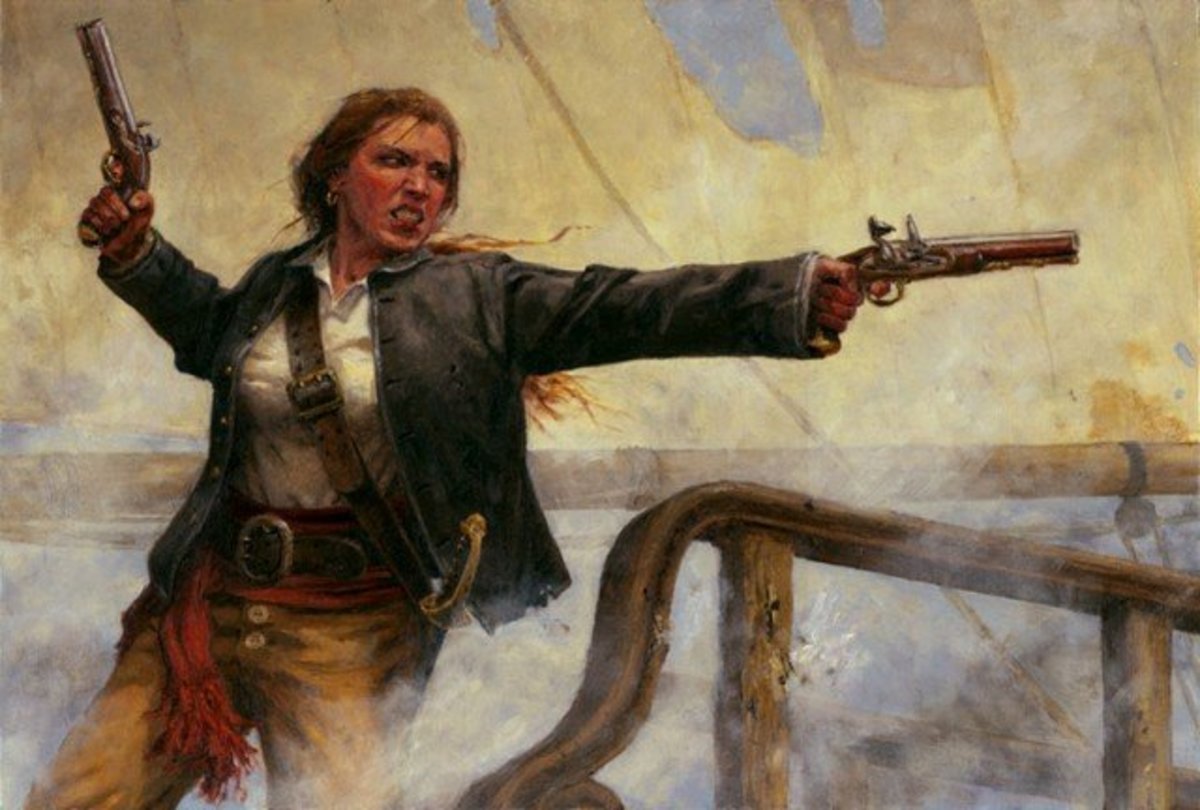The Efforts of the International Community to Combat Modern Maritime Piracy
The global ocean area constitutes about 70 percent of the world's surface, where the human species lives, including the vast amount of wealth that is enough for humanity, if exploited. The preservation of human resources and the need to use this space in a reasonable manner, therefore the need to use them for peaceful purposes and the benefit of humanity and common benefit away from terrorism, piracy and looting represente real stakes to the human community.
Unfortunately, the recent period has seen significant violations of the most basic rules and ethics of maritime transport and humanitarian principles. Shipping has become fertile ground for fraud, looting and piracy, which causes the loss of traders and importers.
The reason for the loss of such amounts is due to the difficulty of proving maritime crime, which led these countries, companies and bodies of registration and classification of ships, associations and clubs of specialized international organizations, government institutions and others to seek ways to eliminate this phenomenon, which threatens external trade or internal effects of harmful. Current incidents have exceeded the traditional concept of sea piracy. Their nature and implications necessitate the adoption of means of preventive action and measures, which require concerted action.
Geneva Convention on the High Seas presented the definition of the crime of piracy as "any act of unlawful violence, seizure or looting, if committed for special purposes and directed against another ship or aircraft, against persons or persons Funds, if the work occurs on the high seas, or in a place not subject to the jurisdiction of a State". From this text, the crime of piracy is committed only on the high seas or in a place not subject to the jurisdiction of a particular State.
The crime of piracy is characterized by the purpose of committing specific economic purposes, this crime assumes acts of violence by crew or passengers of a ship or a private aircraft against another ship or aircraft, or against persons and funds.
In the era of the League of United Nations, article 1 (1) of the draft Commission of Experts on the Punishment of the Piracy Crime states that the scope of its application is limited to the sea, and that the perpetrator acts on its own behalf from acts of violence against persons or funds.
The definition of maritime piracy in accordance with the United Nations Convention on the Law of the Sea of 1982 is the definition adopted by the International Maritime Organization (IMO) and has some legal references.
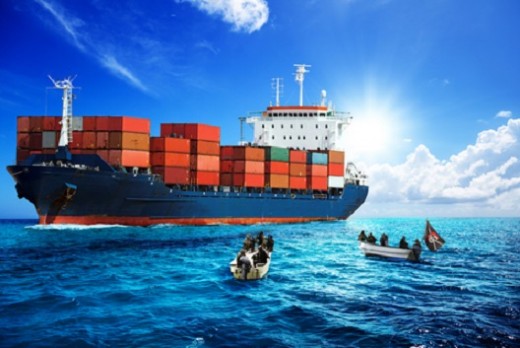
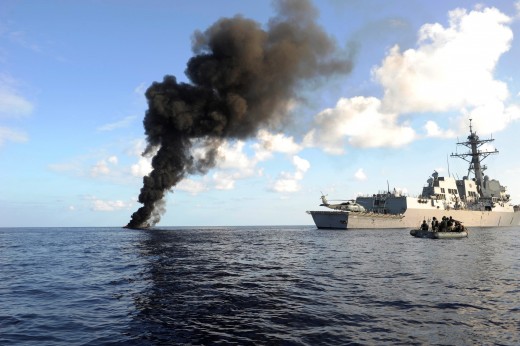
Some of laws that criminalize piracy have been enacted since 1535 in Europe , followed by other texts in 1700, 1721 and 1823. In France, the Act of 10 April 1825 provided for the criminalization of piracy. More than 100 years later, the Belgian legislator adopted the same approach, issuing a special law on June 5, 1928, including the criminalization of certain forms of piracy.
In order to verify the legal model of piracy crime, the jurist of international law, Fouchille, requires three elements:
-
The existence of a ship whose sailor or passenger commits an act of unlawful violence;
-
This involves a threat to international trade;
-
To commit such acts at sea.
In accordance with International Maritime norms, piratcy is a crime against the international community, so that any State which catchs a pirate can take it to its courts and apply its legislation, even though it does not possess its nationality and whose place of crime is the public sea which is not subject to the sovereignty of a State.
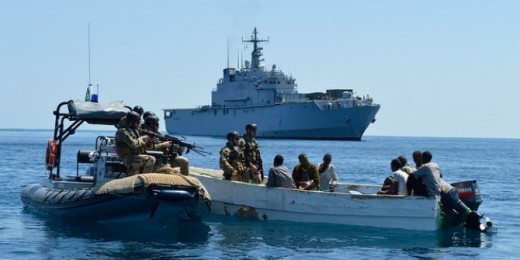
Recent piracy has increased in particular off the coast of Somalia, in the Gulf of Aden and in the Arabian Sea. Somali pirates have attacked about 80 ships and hijacked nearly 40 ships so far the last year, making the busy shipping channels through the Gulf of Aden one of the most dangerous shipping lanes in the world. The largest piracy operation in the area was the hijacked of the Saudi oil tanker Sirius Star, carrying about two million barrels of oil valued at 100 million dollars.
The pirates use very fast boats operating from a mother ship, they have machine guns and grenade launchers, they may have rocket launchers and they use docking phones by satellites
In October, 2008, expressing deep concern over the proliferation of armed robbery and the hijacking of ships off the coast of Somalia, the UN Security Council passed Resolution 1838. The resolution under Chapter VII of the UN Charter calls on States interested in the security of maritime activities to participate actively in combating piracy on the high seas off the coast of Somalia by, in particular, the deployment of naval vessels and military aircraft, in accordance with international law.
In November 2008, the French Minister of Defense announced that the European Union will begin the first anti-piracy operation on the coast of Somalia. The minister, whose country currently heads the European Union, said that five or six ships would begin naval patrols in the Gulf of Aden with the participation of Germany, France, the Netherlands, Greece, Spain, Portugal and Sweden. The French minister said the warships would keep up with merchant ships and would conduct surveillance with the participation of naval aircraft. The Russian ambassador to NATO, Dmitry Rogosin, urged NATO countries and the European Union to carry out ground operations on the bases of piracy on Somaliland in cooperation with his country, stressing that maritime work alone is not enough, even if a large fleet participated.
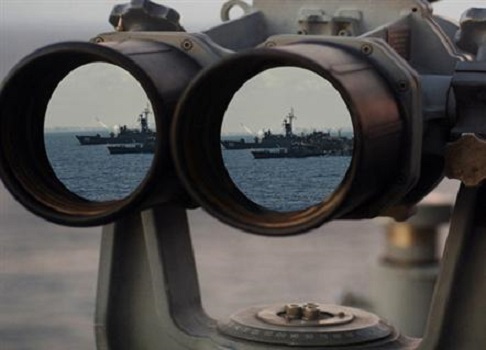
With the development of international trade and the increasing reliance on shipping, this concept has developed and taken different forms in the wake of the tremendous technological developments that occurred in the shipping industry and the emergence of specialized vessels and oil tankers equipped with the latest rapid communication equipment armed with various documents necessary for the ship's various works and the diversity of economic uses of the sea. New forms of maritime fraud and piracy have become unfamiliar, they often take disguised forms and sometimes expressive forms that are not exactly the same as old forms. However, it is remarkable that this phenomenon is no longer confined to maritime transport, but rather extends to all stages of trade.
Which encouraged maritime fraud and piracy is which contained in the International maritime agreements concluded by texts that embodied the interests of maritime carriers, which are from the maritime industrial countries known for their monopoly of the shipping market and the absence of any real existence of the developing countries interests .This abnormal situation paved the way for some maritime carriers to exploit the gaps and shortcomings resulting from these circumstances to reap the huge profits from these processes and adapt them to legal situations in order to legitimize those twisted methods used both in sea and land.
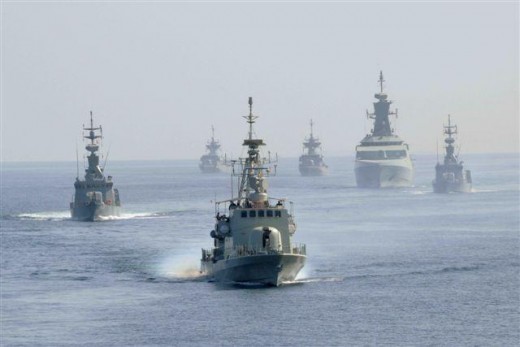
INTERPOL's Maritime Anti-Piracy Task Force focuses on three main areas of combating piracy and cooperates closely with the international community
-
Improved Collection of Evidence
In the marine field, it poses exceptional difficulties. INTERPOL provides the necessary advice, training and equipment to its member countries in order to improve the quality of the data, enhance its quantity, and ensure its proper preservation and analysis. The global database on piracy will allow INTERPOL to better analyze maritime piracy networks, which will can assist its member countries in identifying and arresting individuals involved in maritime piracy.
-
Facilitate Exchange of Evidence
Piracy has often had an impact in several countries. Ships may have different flags, may be owned by various countries for their operation and may include multinational crews. The nationalities of pirates and naval forces that detain them may also differ. States that are willing to investigate and prosecute pirates may differ, making exchanges of information is very vital. INTERPOL's global communications system plays a key role in data exchange and the capture of suspected pirates.
- Capacity-Building at the Regional Level
Trials involving maritime piracy are mostly conducted in African or Asian countries. INTERPOL is currently working on the development of regional investigative units. Through the provision of specialized training.
Given the nature and breadth of maritime piracy, international partnerships are an extremely important component to prevent, investigate and prosecute such crimes. INTERPOL works in partnership with the following international organizations:
- United nations.
- IMO.
- Baltic and International Maritime Council.
- The European Union.
- Europol.
- European Agency for Judicial Cooperatio.
- The African Union.
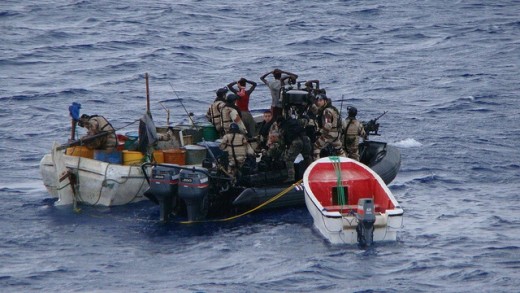
If the countries of ancient times have been able to eliminate maritime piracy, although not possessing modern weapons and means of communication and satellites, the world now lags in the elimination of these pirates and some major countries do not concern only the release of its nationals only. The rest of the ships that are lost by their crews in the Somali coasts do not mean anything to these countries. I believe that the solution of this problem will not be militarily but it is done by supporting the new Somali government and strengthening its ability to eradicate the roots and causes of piracy and achieve security and stability in the region and the world at large.
© 2018 Freedom of the sea

